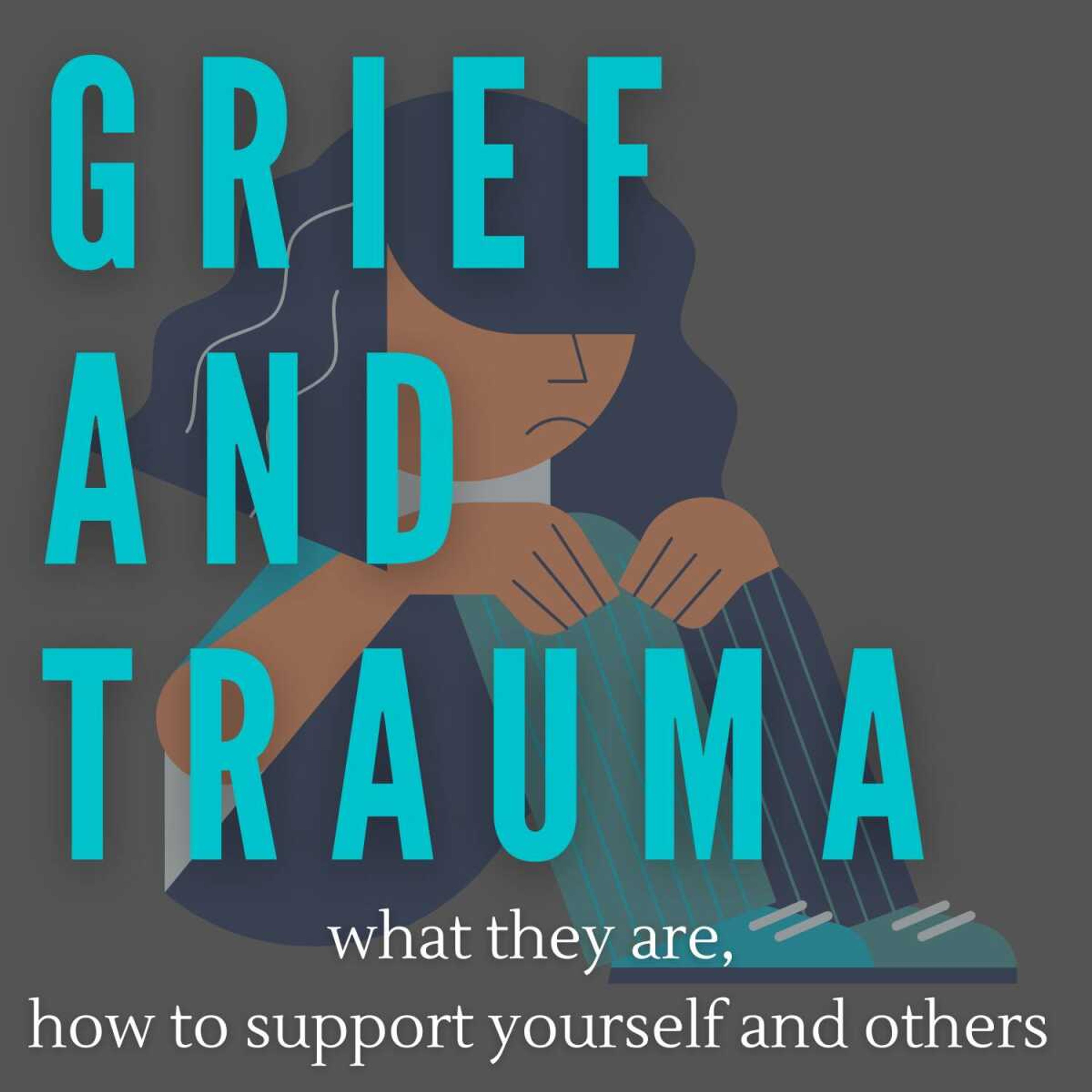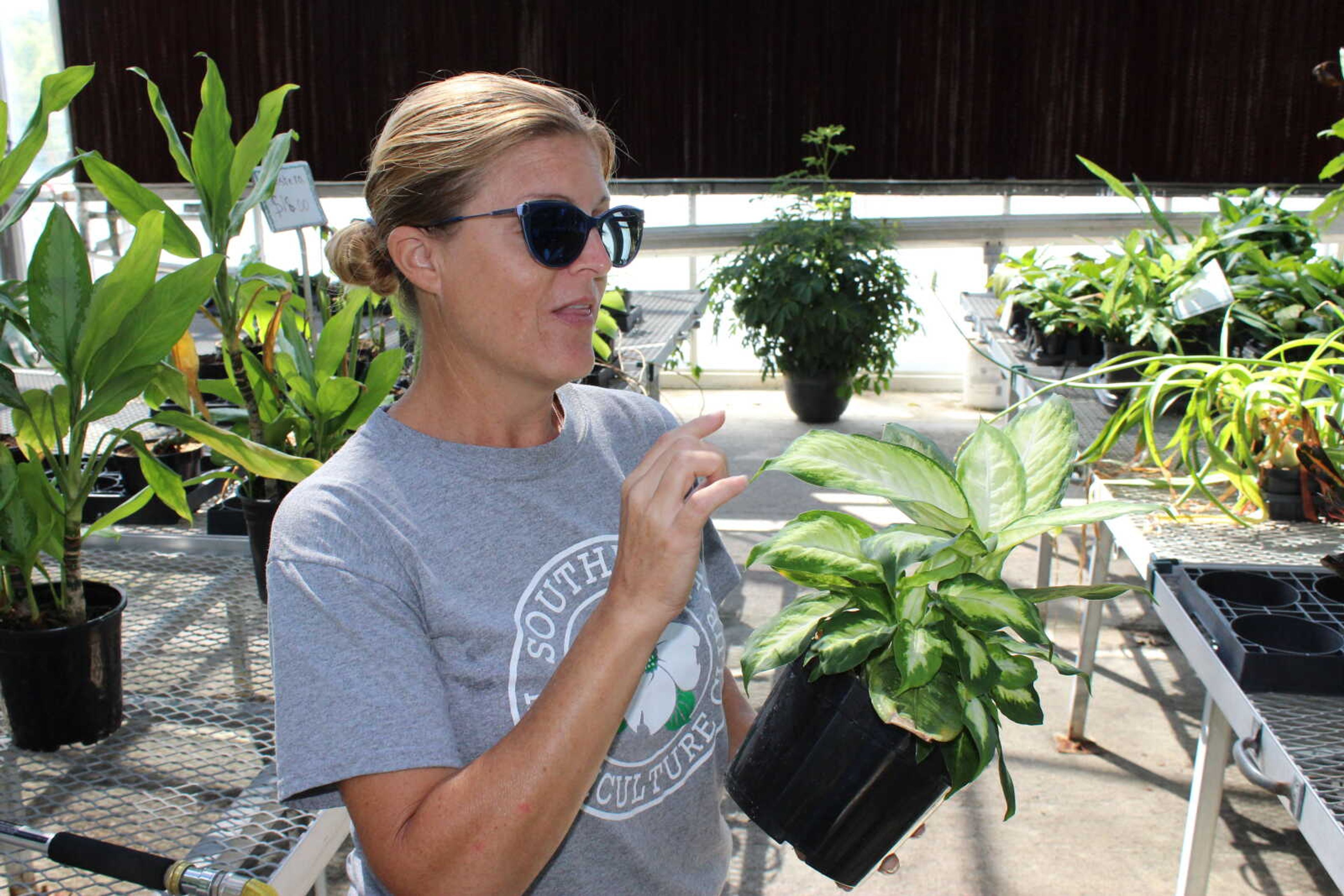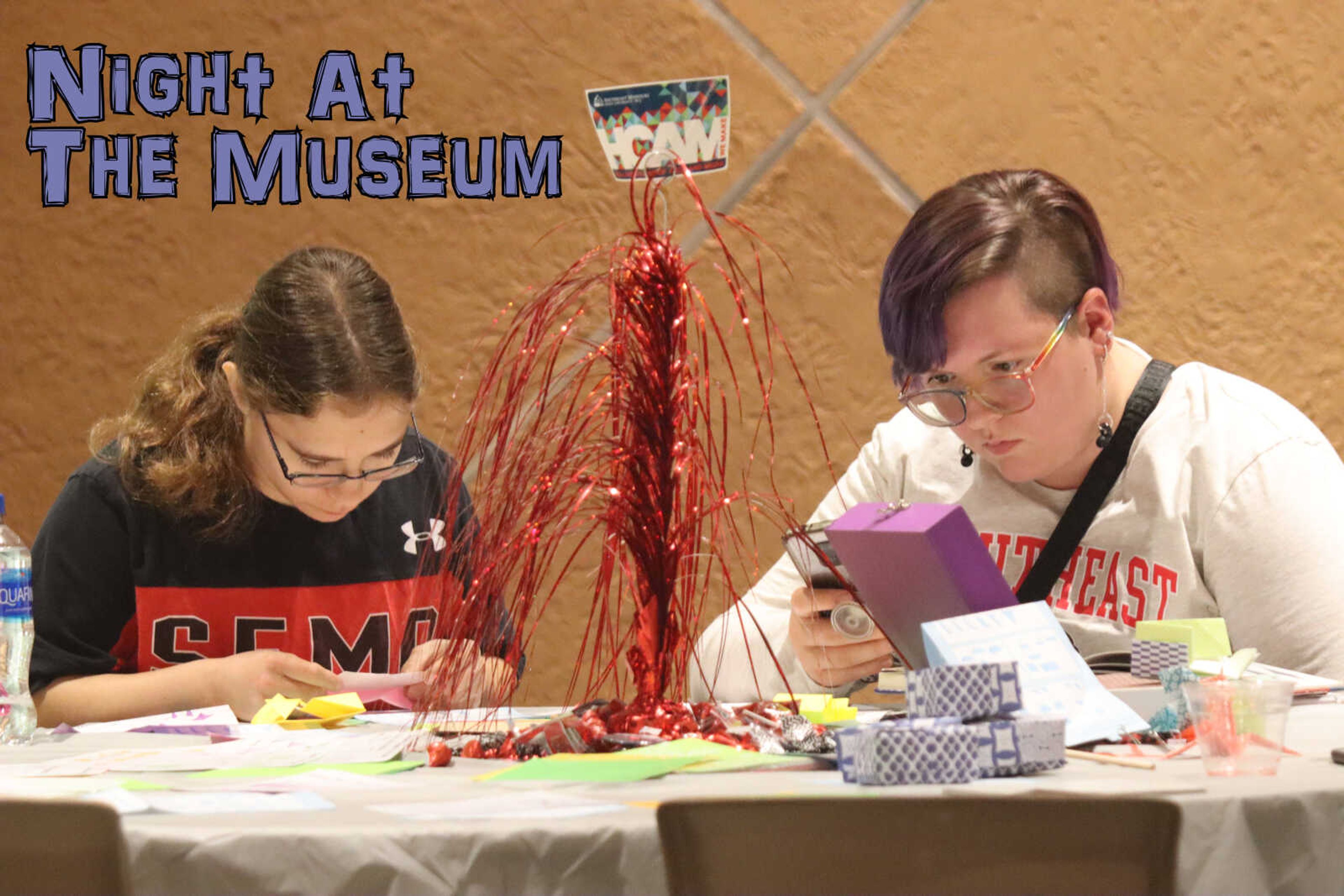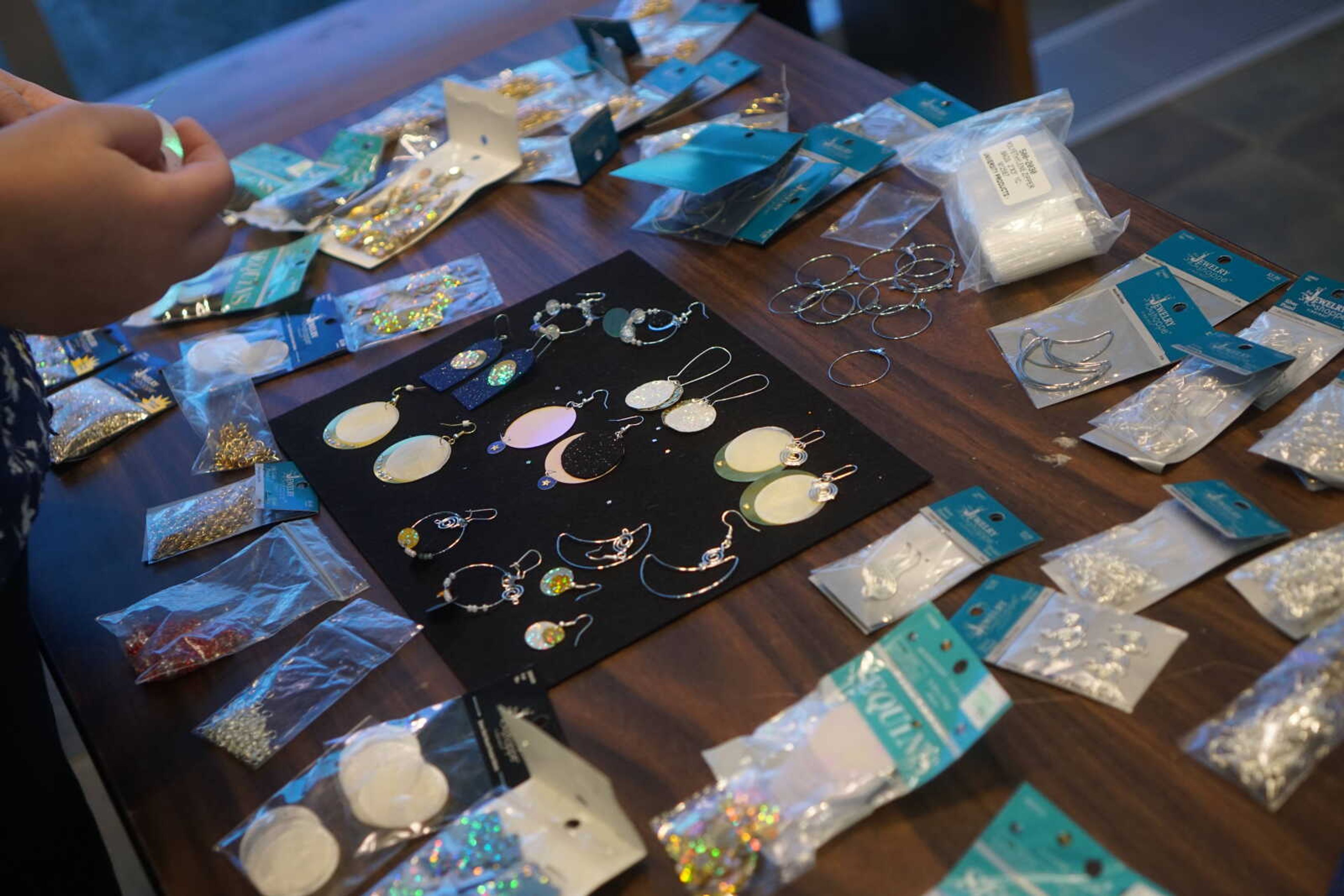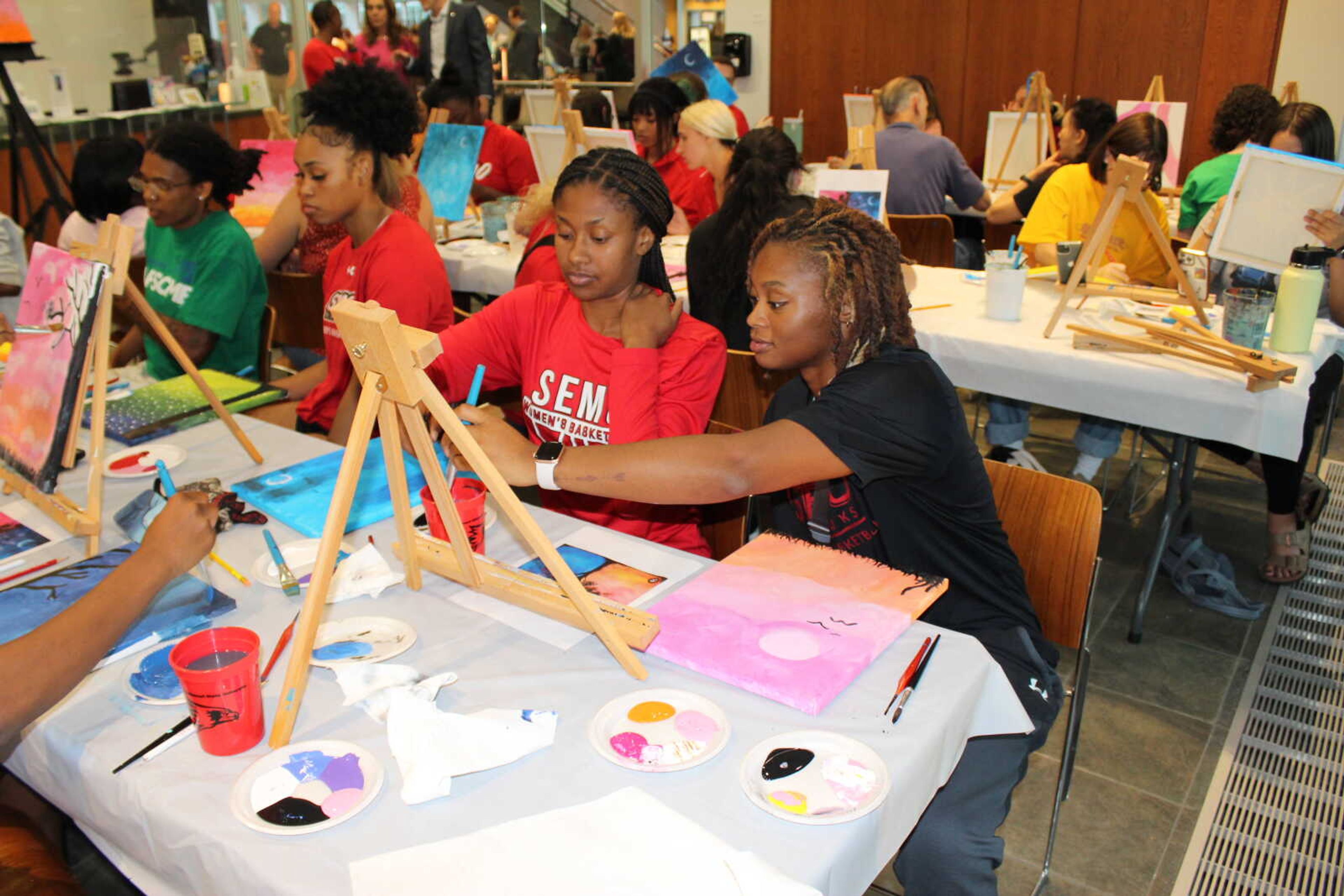After a loss or tragic event, grief and trauma become part of an individual’s reality. These emotions shape everyday life and can feel isolating. Building a better understanding of these emotions can help individuals navigate their own grief, as well as learn how to better support others dealing with grief and trauma.
Substance use counselor Dr. John Nimmo at SEMO’s Center for Behavioral Health and Accessibility said he has seen many of his clients deal with trauma and grief throughout his career, and he helps them through that process.
To shed light on the topics of grief and trauma, Nimmo provided answers to common questions about these topics.
What is the difference between grief and trauma?
Trauma basically is a situation where you feel your life is threatened or the life of someone else is threatened. … But, you know, basically, there's a sense of your life being in danger or being threatened and all the fear and anxiety and vulnerability to experience in that, and sometimes, it [can be] longer-term, [or] it's ongoing situations that are traumatic that can have an impact on you.
Grief, you know, basically, is a response to significant loss. … Grieving is the process of dealing with that significant loss or dealing with that grief, and there are stages in the process of grieving.
And I would say that, you know, they may be less specific, but there is a process of trying to deal with trauma.
What are some of the signs or symptoms of grief?
Well, essentially there are stages of grieving. … For years and years, there were five stages of grief that were recognized, and those are still valid, but now, we think about the grieving process as maybe involving seven stages.
And it's not a neat and clean thing that you will move from one stage to the next to the next to the next, but sometimes, [you can] kind of move in and out of both stages at different times. …
In my opinion, [grief is] our body's way, our brain's way, of gradually absorbing the reality of something that's very, very difficult to accept. And as we move through all these emotional and mental changes and sometimes physical changes, hopefully, we're moving toward a point of being able to accept the reality and kind of integrate that reality into our life and move forward. …
The end result is we sometimes use the word “acceptance,” and that's a problem sometimes, because acceptance sounds as if you're OK with it. Well, it doesn't mean you're OK with it. It just means, “I'm dealing with this reality now [and] integrating in this reality, and I'm beginning to focus on moving ahead in my life.”
What are some of the signs or symptoms of trauma?
There can be a lot of different symptoms for our responses to trauma. Sometimes, we need to absorb the trauma, you know, in our thoughts and memories, and sometimes, we absorb it in our body. … We can definitely feel a lot of anxiety. We can feel helpless. We can deal with anger and depression. …Physically, it can affect our sleeping or eating or our behavior habits. …
We tend to avoid any situation that reminds us of a trauma. … We can have nightmares, and again, flashbacks when memories just hit us out of the blue and just a lot of physical symptoms that can occur, from aches and pains and stomach problems to headaches. …
A lot of times, we don't feel safe. And then you know, that can manifest itself in a lot of ways to avoid social interaction. We can cope with [grief in more negative ways]. By avoiding anything that can be associated with those memories, we can escape how we're feeling through substance use, which can turn bad.
What are some of the best, most productive ways to work through grief and trauma?
It's important to have support, I believe, to do that. … We need to be in a safe environment where we can acknowledge the impact of the trauma, you know, as someone [supports us] as we deal with it.
Different people have different approaches. Sometimes, they want to have you recall the events over and over, and there's some issues with that. Sometimes, you don't want to retraumatize the person by having [them] relive it.
But being in a supportive relationship that can acknowledge and validate the emotions that a person is having [can help with grief]. …Whether it's one person, one counselor or support group. …
Learning ways to deal with the symptoms like the anxiety that comes [and] the fear that comes [or] the intrusive thoughts [can help]. …
Creating a place where you can remain sort of grounded, as you deal with the [grief and trauma can help.] Sometimes when we become really anxious, we sort of feel a little disconnected from ourselves and from our environment. … We totally try not to experience or feel anything that might have come from the events, so it takes time and patience to go through it, for sure.
Is it important to allow oneself to grieve after a loss or traumatic event?
Absolutely, absolutely. …I do think it's very important to allow ourselves time and to move through that process. … It's good to have a support system all through that process. But sometimes, if we just find ourselves being stuck, sometimes, counseling can help with trying to identify, “Why are you feeling stuck?”
With tragedies that affect an entire community, what are the best ways to heal as a community?
Coming together as a community, to, you know, really support one another. That's the simple answer. … We think about Charleston [Mo.] and the community there [after the Feb. 19 shooting], and I know that some agencies have stepped in, to try to pull the community together and provide support. … Finding ways to support those who are traumatized by the [shooting] and give them a safe place to talk about what went on, what they experienced there and providing support as they do. … If you've got a support group, you know, they are coming together to talk about these issues. Sometimes, that can increase the sense of safety.
What is the best way to help a friend or family member dealing with trauma and/or grief?
Listen. … Someone experiences a significant loss in their life, and then well-meaning people come and say, ‘Oh, it's gonna be fine. It's not that bad. It'll be alright.’ … A lot of those well-meaning things that we say can really be invalidating, or even hurtful, to the person who's suffered a loss. … So, being able to be present, you know, to be supportive [and] to listen. Listen more, and talk less. … just be patient and tolerant and supportive and not trying to fix it.
---
The Center for Behavioral Health and Accessibility (CBHA) provides free professional counseling services and physical, mental, or emotional accommodations for students who need them.
Nimmo said the CBHA’s goal is “trying to help remove barriers to a student's success, be it through counseling or be it through accommodations.”
To learn more about CBHA and the resources available, visit their website.
